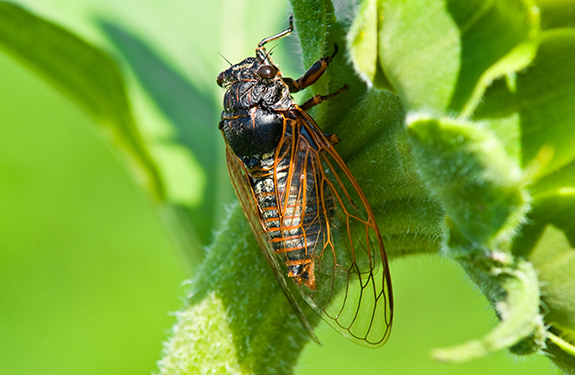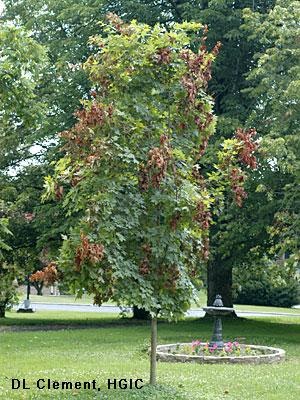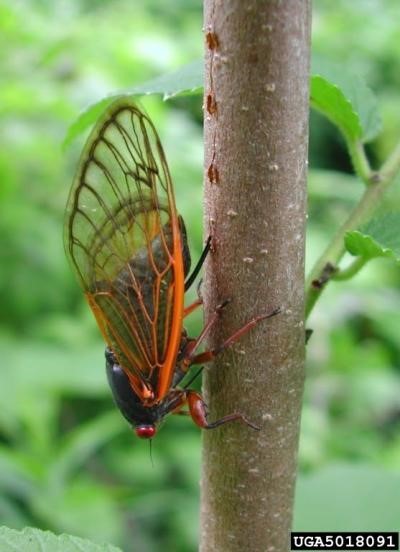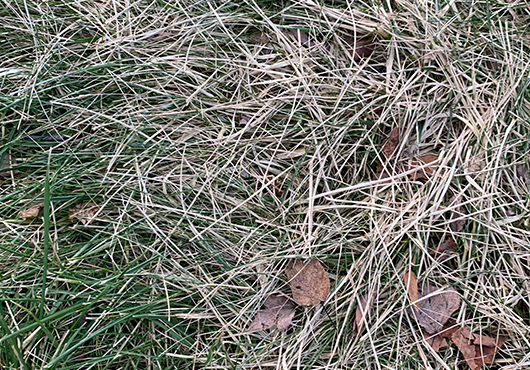Your Cart

Cicadas in Washington, D.C.
Jun 15, 2023
![Cicadas in Washington, D.C.]()
Lawn Care Alert
Brood X Cicada Hatch Coming in 2021

Brood X Cicada Hatch Coming in 2021
Just when you thought truth couldn’t be stranger than fiction, 2021 will welcome the Brood X cicada hatch. There are 15 periodic broods of cicadas that appear in the Eastern United States, but Brood X is the largest of all of them, emerging once every seventeen years.
Beginning in May some areas of our region will see cicada numbers exceeding 1 million insects per acre. For the average customer in our area that means that your lawn might be home to as many as 250,000 of the winged insects.
While the adults themselves pose no threat to humans, cicadas can do quite a bit of damage to young trees and shrubs, primarily through the laying of their eggs.
Unfortunately, there is no meaningful method of controlling or preventing the hatch. However, you can take real steps to prevent damage to trees and shrubs. Cicadas lay their eggs on the small branches of trees and shrubs and the emerging larvae then girdle and kill the branches. While unsightly on larger trees and shrubs, this damage often kills or badly disfigures smaller plants since a larger percentage of their structure is composed of small limbs. The best way to prevent damage to the cicadas’ favorite shrubs (a partial list is attached) is to cover them with netting with holes no larger than ¼ inch.
You may also want to consider modifying your spring landscaping plans to avoid planting susceptible or desirable targets for cicadas. Take a look at the list below to find out which plants are most heavily targeted by cicadas.

Key targets tend to be:
- Locust
- Maple
- Oaks
- Cherry and other fruit trees
- Redbud
- Cicadas rarely target evergreens for egg laying – feel free to plant those!
(Photo credit to the University of Maryland extension office)
For more information on the Brood X cicada hatch click here
For more information, consult your local extension office.
Flagging damage on maple tree

Female cicada depositing eggs into stem. Photo: Pennsylvania Department of Conservation and Natural Resources - Forestry,Bugwood.org





